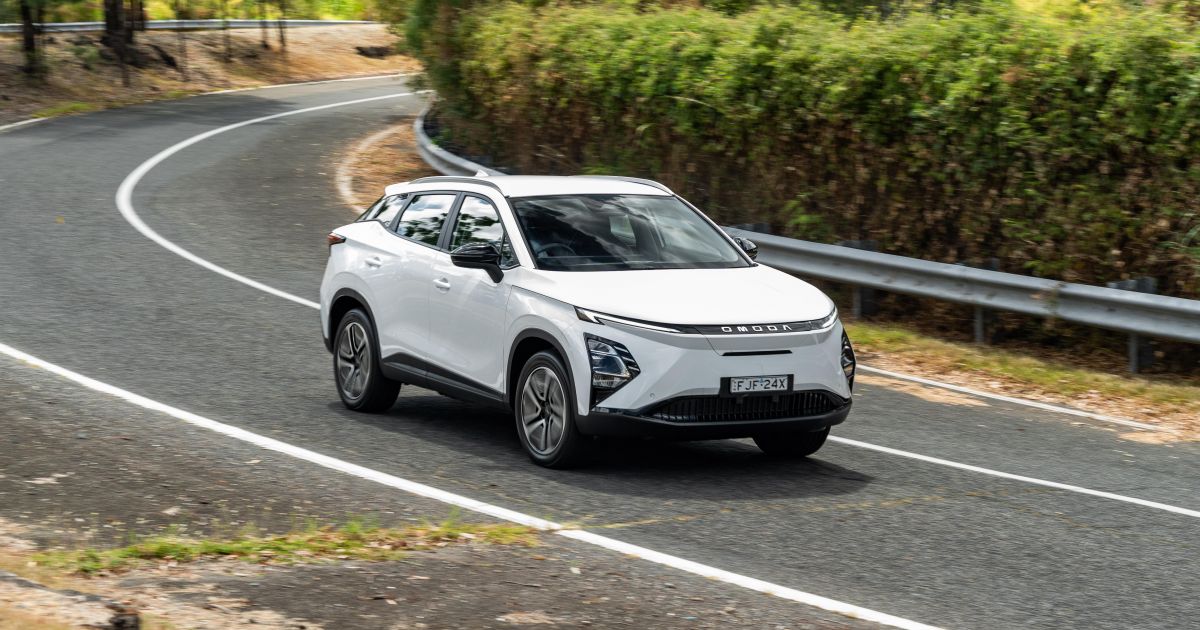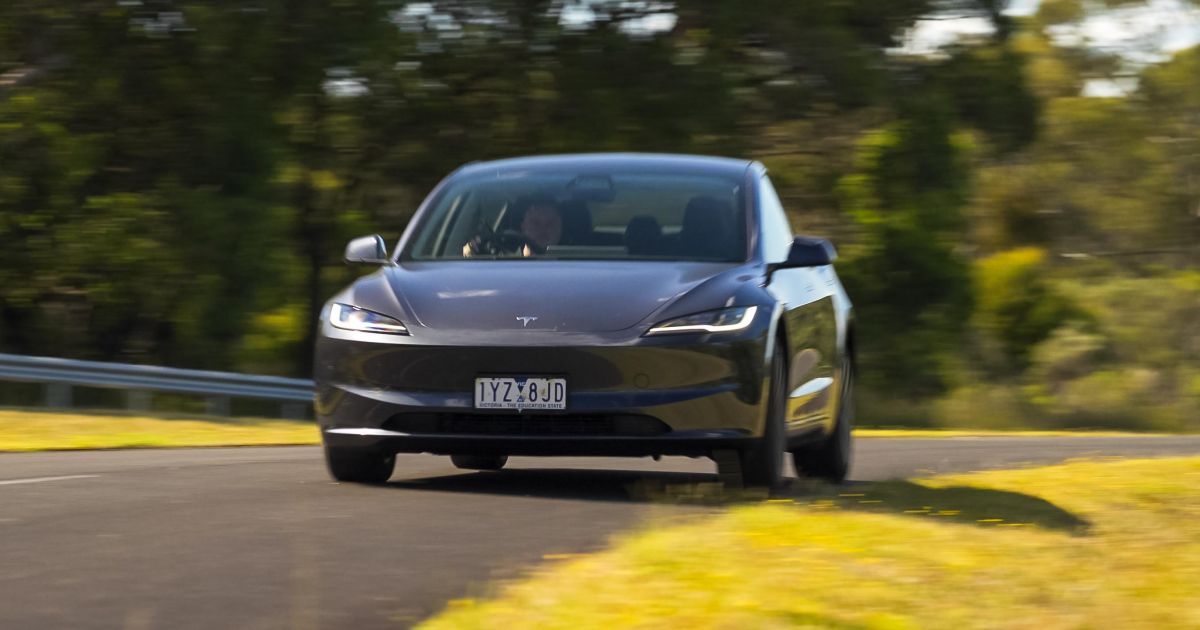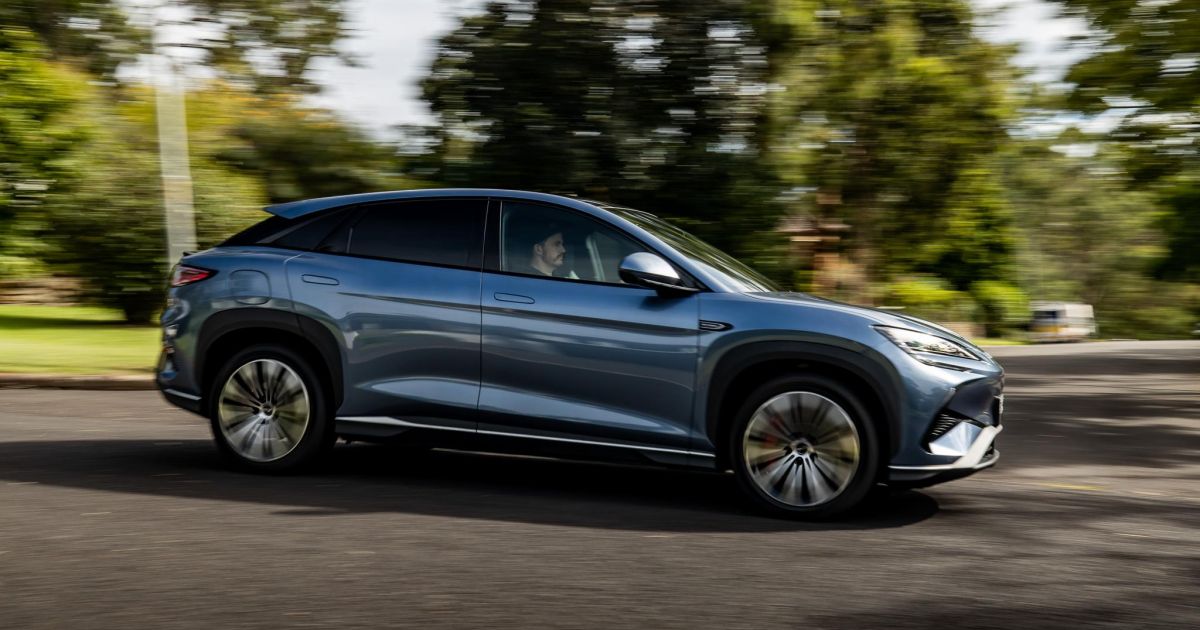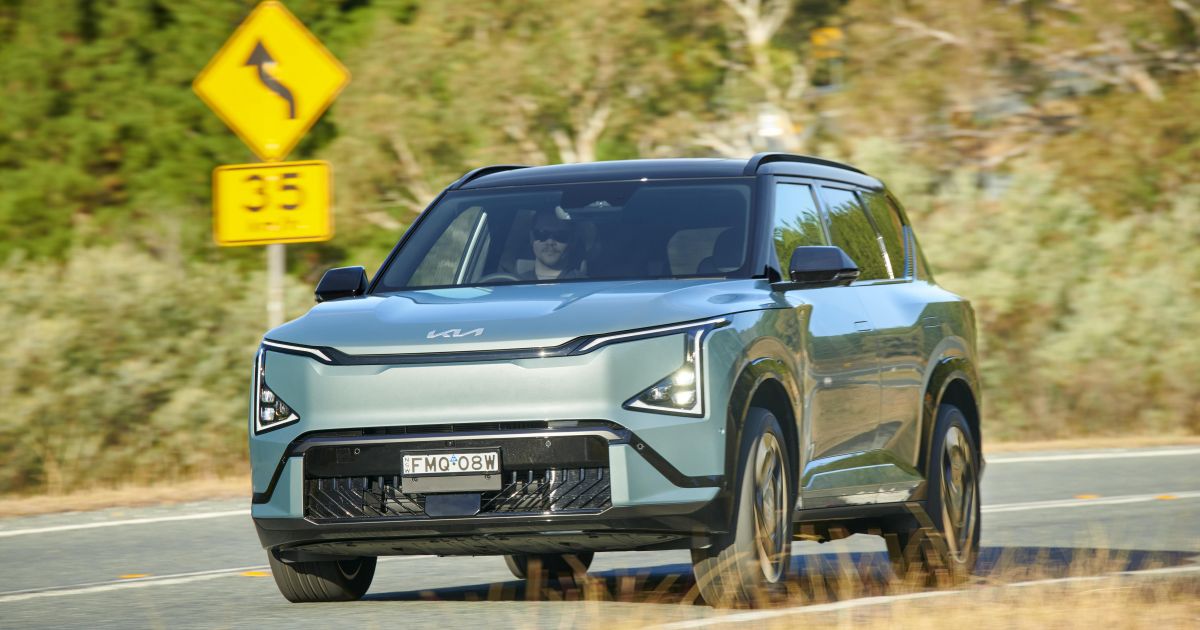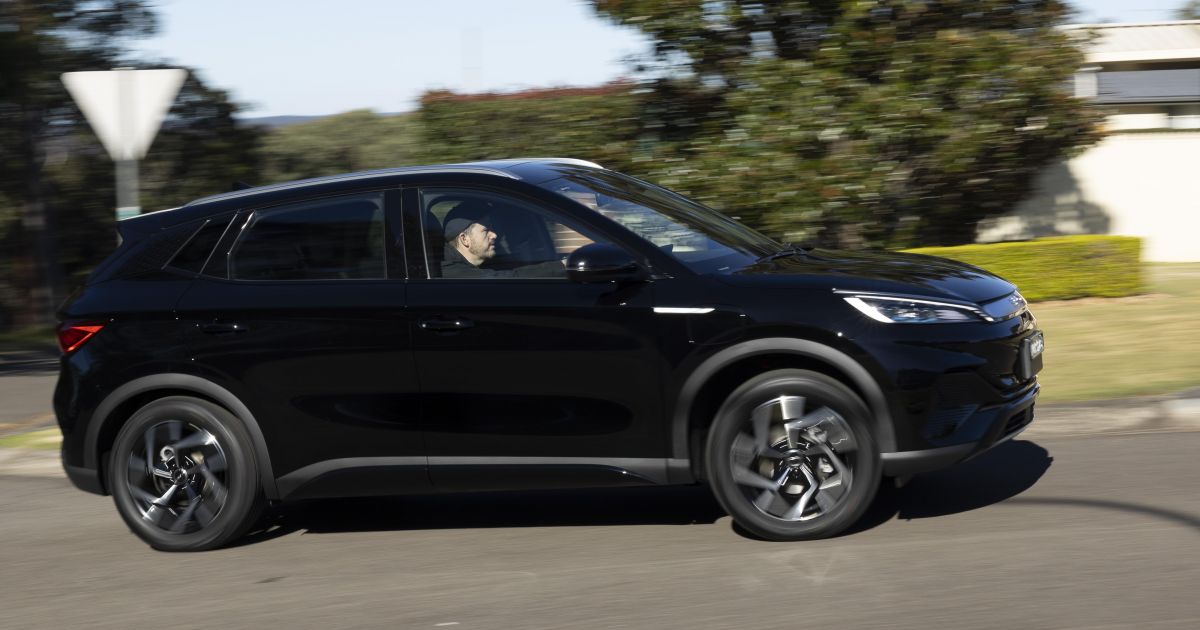The Australian Government has said there’s “no secret” it is looking at introducing a federal road-user charge, following a report in The Australian today that said federal treasurer Jim Chalmers is “accelerating work” on such a charge.
Federal Treasury officials, as well as those from the Productivity Commission and the New South Wales and Victorian treasury departments, will reportedly attend a road-user charging forum in Sydney.
This will be hosted by Infrastructure Partnerships Australia, which is calling for a distance-based charge on drivers of electric vehicles (EVs), and will also be attended by Australian Automobile Association (AAA) managing director Michael Bradley.
With state-based road-user charges struck down in 2023 by the High Court of Australia, the federal government is working on a scheme of its own to help offset declining fuel excise revenue and thereby help maintain a source of revenue for road construction and maintenance.
CarExpert can save you thousands on a new car. Click here to get a great deal.
Infrastructure Partnerships Australia chief executive Adrian Dwyer argues such a charge would have little impact on EV adoption and that combustion-powered vehicles would still be subject to fuel excise.
“I wouldn’t want to jump ahead of any sort of decision-making with that,” federal environment minister Murray Watt told ABC News Breakfast.
“It’s no secret that we’ve said previously we’ll work with the states and territories on this matter. There’s obviously some reporting about that today in some of the newspapers.
“You’d be aware that there was a High Court decision which really raised this issue front and centre and ever since then, we’ve been working with the states and territories.
“But it’s probably premature to say exactly what will occur.”
However, by charging EV owners through a separate scheme and maintaining the fuel excise that affects owners of combustion-powered vehicles, the Australian Government may disappoint those calling for a more holistic scheme like that in New Zealand.
The New Zealand government announced last week it plans to drop its fuel excise and make petrol-powered vehicles subject to a road-user charge based on distance travelled and vehicle weight, as diesel, electric and plug-in hybrid vehicles already are.
Dr Chalmers had already confirmed in June he was working with state and territory governments on “the future of road-user charging”, following remarks he made in February at a Business Council of Australia event about introducing a mileage-based charge for EV owners.
The Australian Government has already introduced a road-user charge, however, this is part of pilot program for heavy vehicles.
The National Heavy Vehicle Charging Pilot, of which Phase 3 was just completed, is designed to test different ways to charge heavy vehicles for their road usage based on their weight and the distance travelled instead of through registration or fuel excise.
State-based road user charges were struck down by a High Court ruling in 2023, when the Court found that under section 90 of the Constitution, only the Commonwealth can impose customs and excise duties.
This forced Victoria to shutter its scheme and refund all charges to owners of EVs and plug-in hybrids (PHEVs).
Victoria collected $3.9 million in EV and PHEV road user charges during the 2022/23 financial year alone.
The New South Wales and Western Australian state governments previously also pledged to roll out similar taxes around 2027, while South Australia promised to do the same but reversed course following a change in government.
Infrastructure Partnerships Australia says the federal government has the right to collect these charges, but it has “limited practical capacity” to collect them as it doesn’t handle driver licensing or vehicle registration.
Former Victorian treasurer Tim Pallas, who is also attending next week’s forum, told The Australian that EVs are “heavier and do more damage to the road network as a consequence than do internal combustion engine vehicles”.
“But there’s an environmental plus to electric vehicles. So getting that balance right was key to us. The way we figured it, [a road-user charge] came in about half of the equivalent costs of fuel excise and that’s not counting the incentives the state was putting into the vehicle purchase or registration for low-emissions vehicles.”
Mr Pallas said any federal road-user charge would need to work out how distance travelled is measured – Victoria’s defunct scheme required intermittent photographs of odometer readings, for example – while also taking into account interstate travel to ensure revenue is distributed fairly.
“Even when electric vehicles didn’t exist, fuel excise was a really inefficient way of charging for road use,” Mr Pallas told The Australian.
“With the share of electric vehicles expected to increase over time – which is a good thing – we need to update the current system,” former Liberal urban infrastructure minister Paul Fletcher, who is also attending the forum, told The Australian.
“The current arrangements are also unfair – particularly to those petrol and diesel car owners who drive longer distances, in our outer suburbs and in regional and remote Australia.
“If most Australians have no choice but to pay this particular tax – but some can avoid it by buying an expensive vehicle using the latest technology – then we have a problem with the design of the tax.”
Also attending the forum will be Michelle Jablko, chief executive of toll road operator Transurban, who has touted her company’s experience in partnering with governments on real-world trials of road-user charging schemes in North America.
The Australian Electric Vehicle Association (AEVA) has called for a federal road-user charge to be implemented, but to cover all vehicles and to take into account a vehicle’s mass.
“A universal, mass × distance road-user charge would serve the same role as fuel excise – a pay-by-use system which is proportional to the impact driving has on society and infrastructure. EV drivers don’t have a problem with it – we just want to ensure the system is fair,” said AEVA president Dr Chris Jones in a statement.
He argued that by taking into account vehicle mass, such a charge “would help drive sales of smaller, lighter vehicles regardless of fuel source”.
The Australian Automotive Dealer Association (AADA) has also previously called for an “equitable national road-user charging system… [which] does not discourage the uptake of hybrids and EVs” and is done in a “technology-neutral manner across all vehicles regardless of powertrain choice”.

